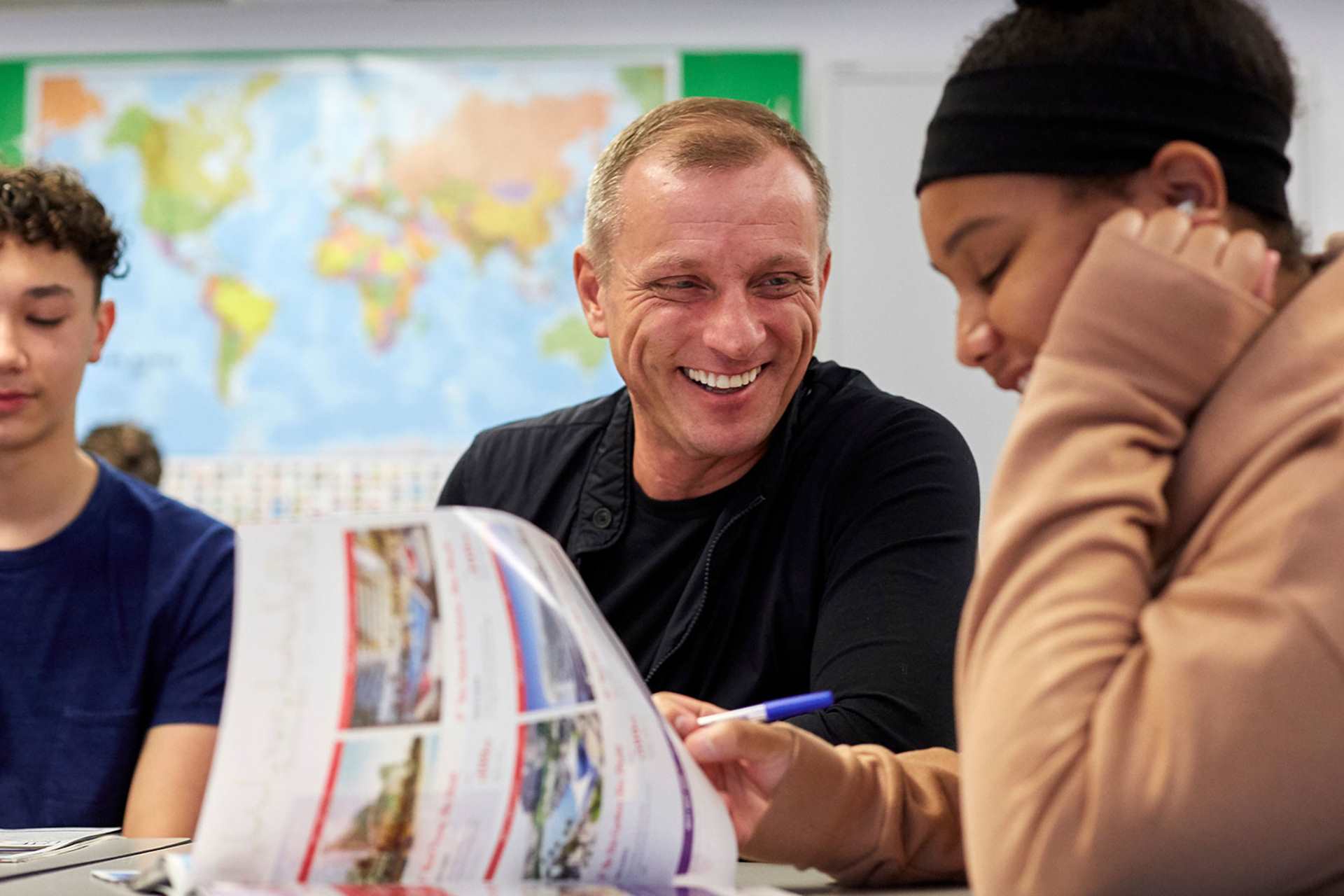Topics mentioned: understanding trauma and adversity, addressing trauma and adversity
Karlys and Megan work at a youth charity supporting 10-18 year olds through positive activities and opportunities in the school, community and home. Karlys has been appointed as Head of Therapeutic Engagement to provide clinical supervision to the frontline delivery staff. In this spotlight story, they consider the importance of providing clinical supervision for on the ground youth workers and the impacts they have seen within their organisation since implementing it.
Giving back to the next generation
Individuals drawn to youth work tend to be those who have either experienced difficulties as a young person or seen the value in youth work second hand and want to give back to the next generation. With this brings individuals with their own stories and experiences that may or may not have been acknowledged by society or the people in their lives.

Having a space where youth workers can explore their work with young people, learn theory and gain perspective outside of their own experiences and stories began as a privilege, but is now a clear essential aspect of frontline working. Post-pandemic mental health statistics have highlighted the need for trauma-informed practice, acknowledging the need for policies and procedures that support young people and the individuals who offer support to them. The support being provided to young people is only as good as those providing it and the support they themselves are getting.
Clinical supervision at Reaching Higher has been essential for improving effective communication, conflict resolution and emotional regulation within the workplace. In this way, youth workers are becoming more therapeutic in their practice and the ways they support young people, as well as feeling more able to take care of their own mental health needs.
Youth workers are becoming more therapeutic in their practice and the ways they support young people, as well as feeling more able to take care of their own mental health needs.
Creating a culture where therapeutic intervention is normal has been a challenge; normalising conversations around reflective practice, self-awareness and mentalisation is a slow but essential road. Having youth workers that are aware of when their experiences and trauma collide with the experiences and trauma of the young people they work with, means they are better equipped to meet the needs of the young people and avoid burning out.
With integrating clinical supervision, it has been important to recognise the difference between clinical supervision and therapy. We recognise that other services exist with the specialism and capacity to support individuals with their mental health, however the ability to support staff in the workplace through clinical supervision means that they are less likely to reach the point of needing this intervention due to the type of work that they do.
Normalising conversations around reflective practice, self-awareness and mentalisation is a slow but essential road.
Staff engagement in clinical supervision has varied, with some initially taking a little longer to adapt to this form of support (which is often uncommon in the youth sector), and others immediately making the most of this and reaping the benefits in their work choices and interactions supporting young people. Staff have commented on finding clinical supervision “a challenging reminder of our social standards,” “a refreshing reflection space” and a space that “helps to navigate how to handle and separate workload to maintain a stable mindset within the office.”
Overall, implementing this additional support of clinical supervision to complement line management supervision has equipped our youth workers to better respond to the increasing needs of young people, and step outside of their frame of references and lived experiences to provide effective support.
Resources for supporting the young people you work with
Spread the word






